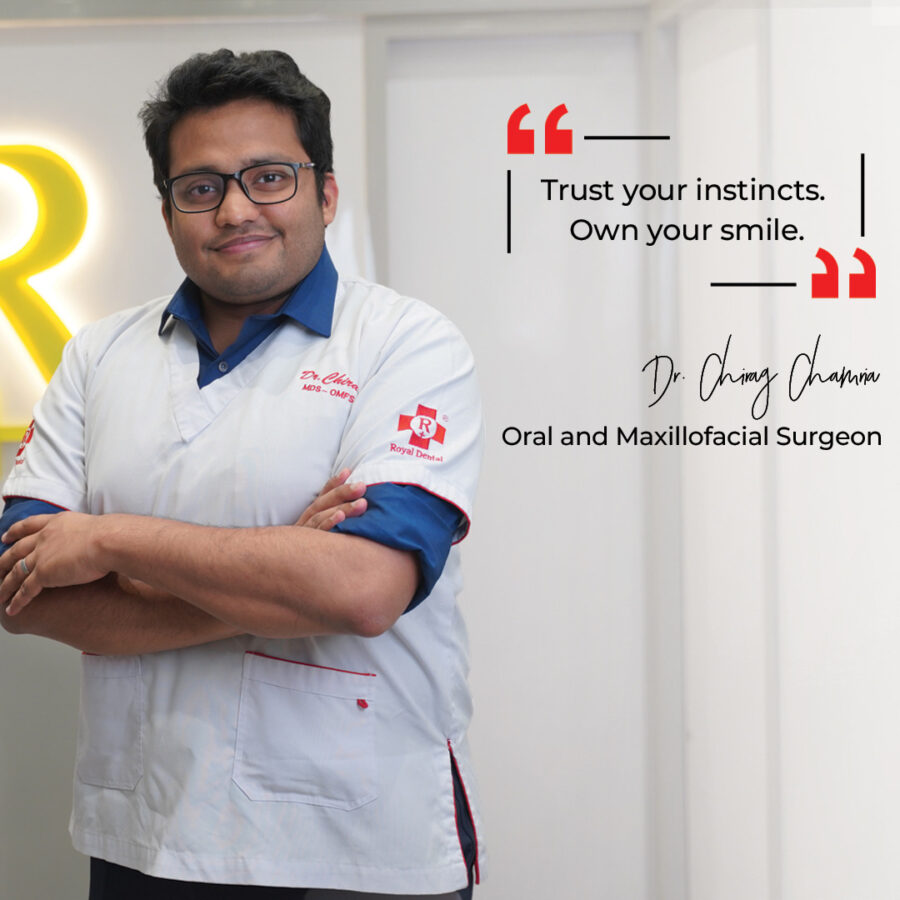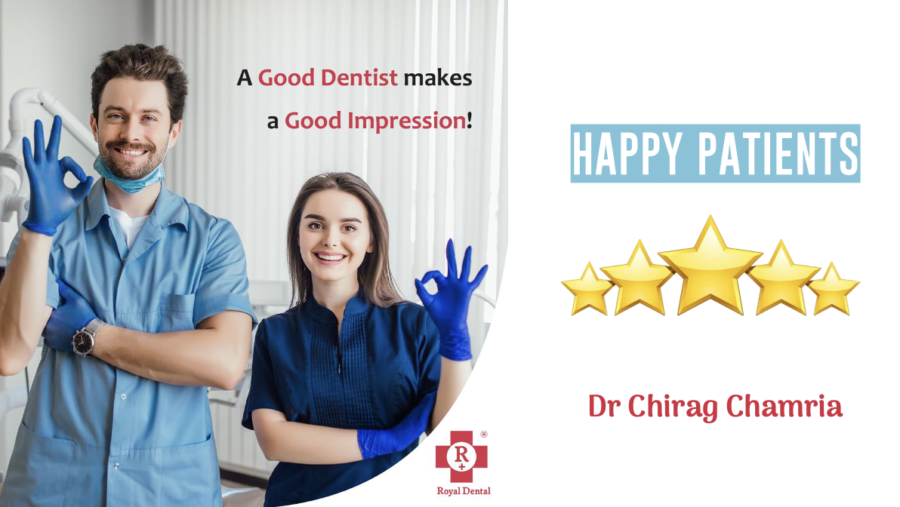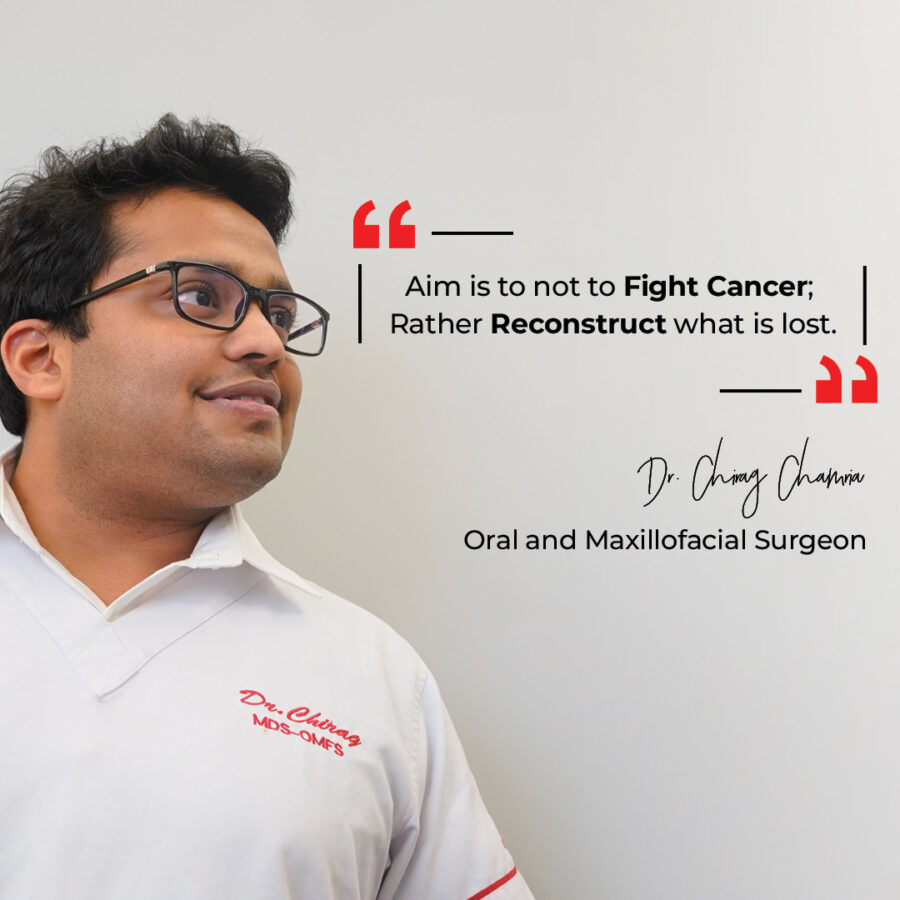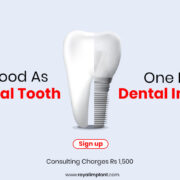Oral surgery is a branch of dentistry that deals with the diagnosis and treatment of oral. It encompasses treating injuries to the mouth, jaws, lips, cheeks, gums, tongue and other facial soft tissue. An oral surgeon is a specialist who has completed four years of dental school plus a one year general surgery residency in order to become an oral and maxillofacial surgeon (also known as oral surgeon or OMFS). You will need to complete at least seven years of post-secondary education after high school. There are many subspecialties within surgical dentistry ranging from corrective jaw surgery to cancer removal. This article will outline the practice of general surgical dentistry oral surgery within dentistry.
Oral and maxillofacial surgeon
If your dentist recommends maxillofacial surgery. They are talking about a specialty of dentistry that relates to your face and jaws. It’s surgery that treats disease and injuries of the areas around your mouth. Oral and maxillofacial surgeons have extra training and education beyond what’s expected for a dentist. Some get a medical degree (an MD) along with their oral surgery diplomas. They put in at least 4 years of training in a hospital-based surgical program alongside medical residents in many different specialties, including anesthesia.

That includes various types of IV sedation, including “twilight sleep” and general anesthesia, where you’re unconscious and can’t feel any pain. It can also include local anesthesia, where only a small area of your body is numbed for your procedure.An oral surgeon can help you out of several situations.
What is the job of an oral surgeon?
An oral surgeon is a dentist who specializes in more complex procedures. Their main role is to help people with dental issues that require more attention than a general dentist can provide. In the general population, the rate of tooth problems is around 30%. The military, this number jumps to around 80%. In addition to treating toothaches, oral surgeons may be called upon to perform a variety of procedures to assist with dental issues.

This includes removing teeth, treating cysts, and correcting jaw misalignment. Beyond treating oral issues, oral surgeons may also be called upon to treat oral and facial injuries. This includes treating lacerations, broken teeth, and other injuries. It also includes removal of impacted wisdom teeth.
Where can you find an oral surgeon?
You can find oral surgery in any dental office where the dentist is certified to perform more complex procedures. This can be in the general dentist’s office, a hospital, a hospital associated dental school, or a specialties-only private clinic. Look for the doctor specifically. See if you can track down a site for the hospital where the doctor works or the doctor’s office.
What does an Oral Surgeon look during an examination?
The first step of an oral surgery examination would be to conduct an interview with the patient to get a basic medical history. The dentist will then look for swelling and inflammation, noting the presence of any obvious injuries. In the case of wisdom teeth extractions, the dentist will palpate the jaw and surrounding tissue.
The dentist will then take an x-ray or other imaging scan of the area to get a more detailed view of the problem. The dentist will then perform a diagnostic procedure to examine the teeth and gums. Looking for signs of infection or other problems. Next, the dentist will discuss treatment options with the patient.
Common Oral Surgery Procedures:
- Wisdom teeth removal: This is one of the most common procedures oral surgeons perform. It is estimated that one-quarter of people will have to have their wisdom teeth extracted at some point in their life. Most people have wisdom teeth removed during their late teens or early twenties.
- Cyst and tumor removal: Oral surgeons can remove a cyst (a fluid-filled sac) from almost any area of the body. And oral surgery is often the only treatment necessary.

- Oral and facial trauma repair: Oral surgeons can treat facial trauma such as broken teeth and cuts. As well as other oral injuries. They can also repair damaged gum tissue or other oral problems resulting from trauma.
- Bone grafting: This is a specialized form of oral surgery that helps promote faster healing after dental implants are placed.
- Implant placement: Oral surgeons can place dental implants.
Conclusion
Oral surgeons handle more complex cases that may require surgery, such as removal of teeth, cysts, and tumors. They can also treat facial trauma resulting from car accidents or sports injuries. Beyond this, oral surgeons can also place dental implants and do bone grafting to promote faster healing after dental procedures.






